Understanding Tax Depreciation: A Beginner's Guide for Business Owners
April 14, 2025
What is Depreciation?
Depreciation is an accounting method used to allocate the cost of a tangible asset over its useful life. This allows businesses to recover the cost of assets through tax deductions. A basic example is, if you purchase a $20,000 piece of equipment with a 10-year useful life and no salvage value, you can deduct $2,000 each year. This is known as straight-line depreciation. There are various depreciation methods applicable to different types of tangible assets (buildings, equipment, furniture etc.). Intangible assets (goodwill, loan fees etc.) are amortized over time using the straight-line method
As a business owner, consult with a tax professional to determine the most suitable depreciation method for your specific needs.
MACRS
Modified Accelerated Cost Recovery System (MACRS) is a tax depreciation system that allows businesses to recover the cost of tangible assets more quickly than traditional methods. This accelerated depreciation results in larger tax deductions in the early years of an asset's life.
MACRS categorizes assets into different classes based on their useful lives:
- 3-Year: Small tools, tractors, horses
- 5-Year: Vehicles, machinery, computers
- 7-Year: Fixtures, furniture, office equipment
- 10-Year: Specialized heavy equipment, mobile homes
- 15-Year: Billboards, telephone equipment, fences
- 20-Year: Farm buildings, railroad structures
- 27.5-Year: Residential rental property
- 39-Year: Non-residential real property
Their classification affects how the depreciation is calculated. There are two primary methods used in MACRS calculations.
General Depreciation System (GDS): Typically uses a declining balance method, switching to straight-line depreciation later. This is the more common type of calculation.
Alternative Depreciation System (ADS): Uses straight-line depreciation over a longer recovery period.
Section 179 and Bonus Depreciation
Section 179 allows businesses to expense the cost of qualifying property in the year of purchase, rather than depreciating it over time. This can significantly reduce taxable income. However, there are limitations on the type of asset and the amount that can be expensed. An election must be made to expense Section 179 property. Typically, property that qualifies for the election is tangible personal property that is bought for business purposes. Qualified real property usually does not qualify for the deduction. Also, not only is there a limit of how much property can be deducted ($1,220,000 for the 2024 tax year), but the amount is also limited to the business’ taxable income. The deduction may not be taken if the company is in a loss.
Bonus Depreciation provides additional first-year depreciation for qualifying property. This election is currently a short-lived option. 100% bonus was allowed for property placed in service from September 2017 to December 2022. Assets put in service in 2023 were allowed an 80% bonus deduction. The rate for 2024 assets is 60%. Bonus Depreciation is scheduled to phase out at the end of 2026. This may change based on future legislation. It is important to consult with a tax professional to determine the current rules.
Depreciation and Basis
When you depreciate an asset, it reduces the basis of the property. This will later affect the gain or loss of an asset when it is sold.
Example: You purchase a $20,000 (basis) piece of equipment with a 10-year useful life and no salvage value. After 2 years you have taken $4,000 in depreciation, your new basis is $16,000. You sell that asset in the third year for $17,000 dollars. With a tax basis of $16,000 you now have a tax gain of $1,000.
In a different scenario, you sell it for $15,000. You would have a tax loss of $1,000.
Remember: Tax laws and regulations are subject to change. Always consult with a tax advisor to ensure you're taking advantage of the most up-to-date deductions and credits. Larson and Company has developed a suite of services specifically to serve the needs of companies of all sizes in a wide range of industries.

Mikela is a Tax Senior at Larson & Company specializing in small business tax preparation and accounting strategies.
LinkedIn
.png)




